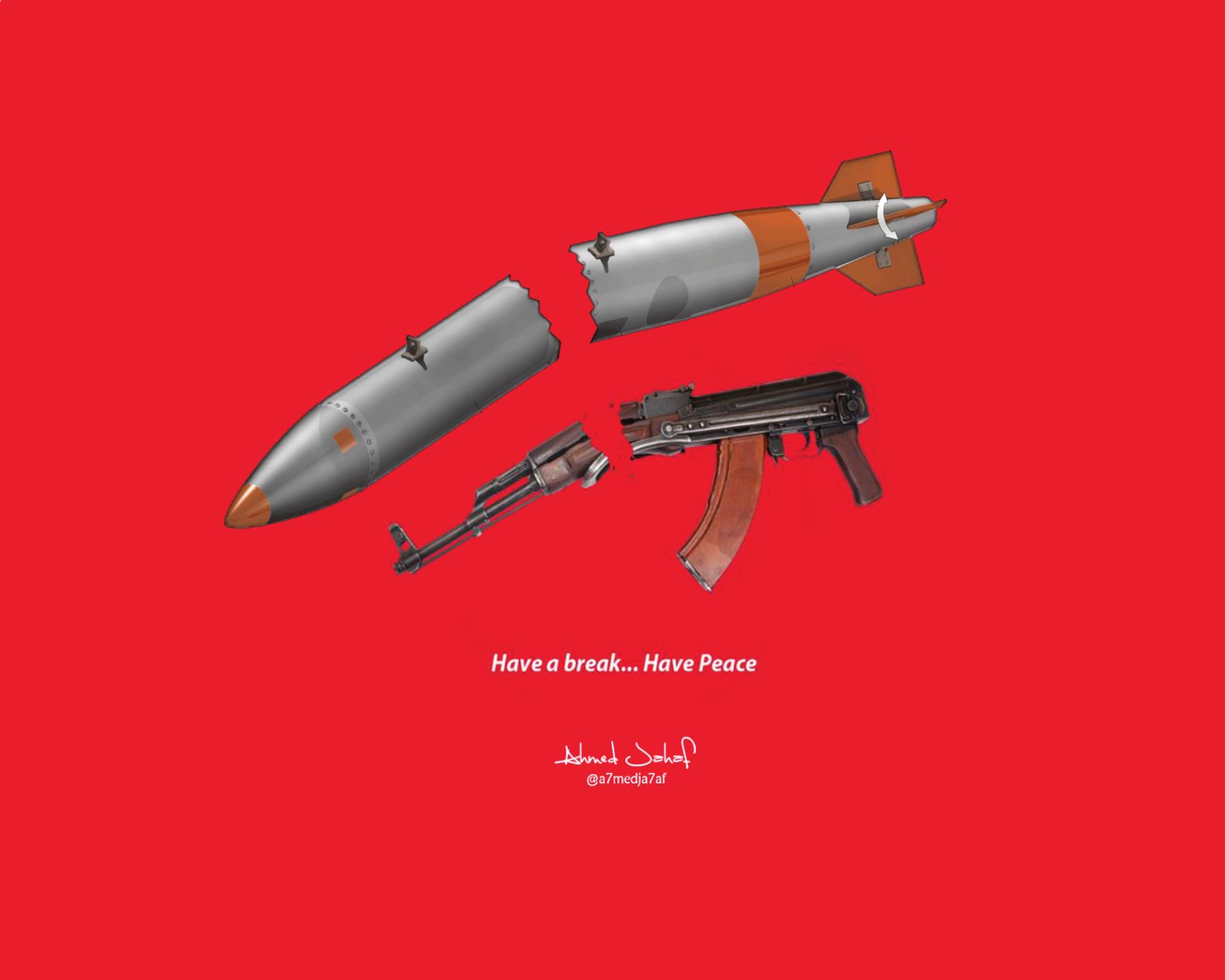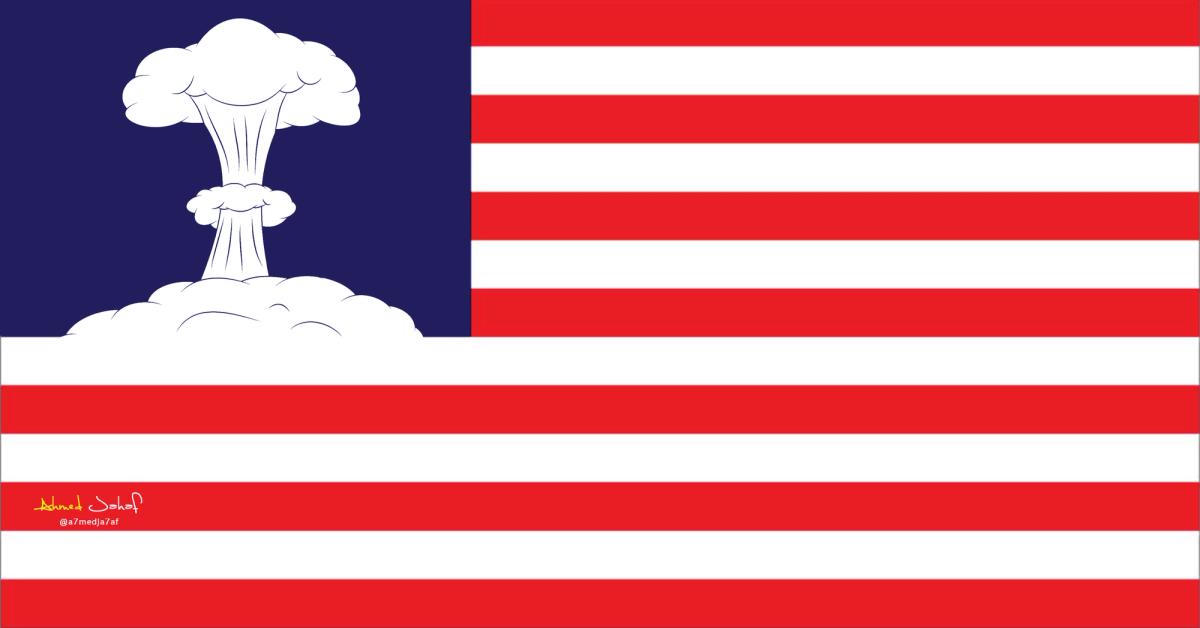My name is Ahmed Jahaf. I am a graphic designer and artist living in the Yemeni capital, Sana’a. Almost five years ago I spoke out in The Art Newspaper about my country’s “forgotten war”. In 2015 a coalition of countries led by Saudi Arabia began bombing and imposing a blockade on Yemen with the support of the US and UK governments. Then, as now, we are facing a food-security crisis with more than 17 million starving civilians.
The war in Yemen between the government and Houthi rebels is still going on today, seven years after it started; there is still war, siege and famine, and the world watches and knows this. I’m still angry because the US and the UK are supporting the governmental Saudi-led coalition and are still selling arms to Saudi Arabia. The war is not forgotten, though. The war in Yemen is ignored because the US and its allies are responsible for the majority of the suffering, and they benefit from this war and participate in it directly or indirectly.
The United Nations announced a truce in April, which was extended in June for another two months and again on 3 August. On the ground, there is nothing. It is true that the military battles have stopped to a degree, but the siege of cities continues and the war goes on. Citizens are still suffering and have not seen any benefits or results from this truce.

Depicting the “ignored war”: a graphic by Jahaf shows weapons breaking in two
“Is there hope for peace in Yemen?”
I spend my days watching the news and recording events such as air raids on social media. I continue to make works at night, using Adobe Illustrator, Adobe Premiere and Photoshop. I’ve also shown prints at the Art the Arms Fair in London (2017 and 2019).
Recently, I published a PDF book entitled Art of War , which featured my most important designs and works. In one of the works, I criticise the UK government’s role in providing weapons to Saudi Arabia used in airstrikes on Yemen. In another work, I tried to convey an image of World War III by transplanting a symbol of a huge explosion on to the flags of major countries and organisations. Another image shows the dove of peace impaled with a sword, and the question: “Is there hope for peace in Yemen?”
In the book preface I say: “I dedicate to you these artistic works that I designed during the Saudi aggression and war in Yemen… [this is] a message to the world which watches and participates in silence about this aggression. I started making works of art from the very first day of the war in Yemen under bombings, sieges and suffering.”
But I’m not making as many works as before because those who were interested in Yemen are bored or preoccupied with other events and conflicts. There are other issues in the world that people care about. After all, we’re only Yemenis, and this is still the ignored war.


